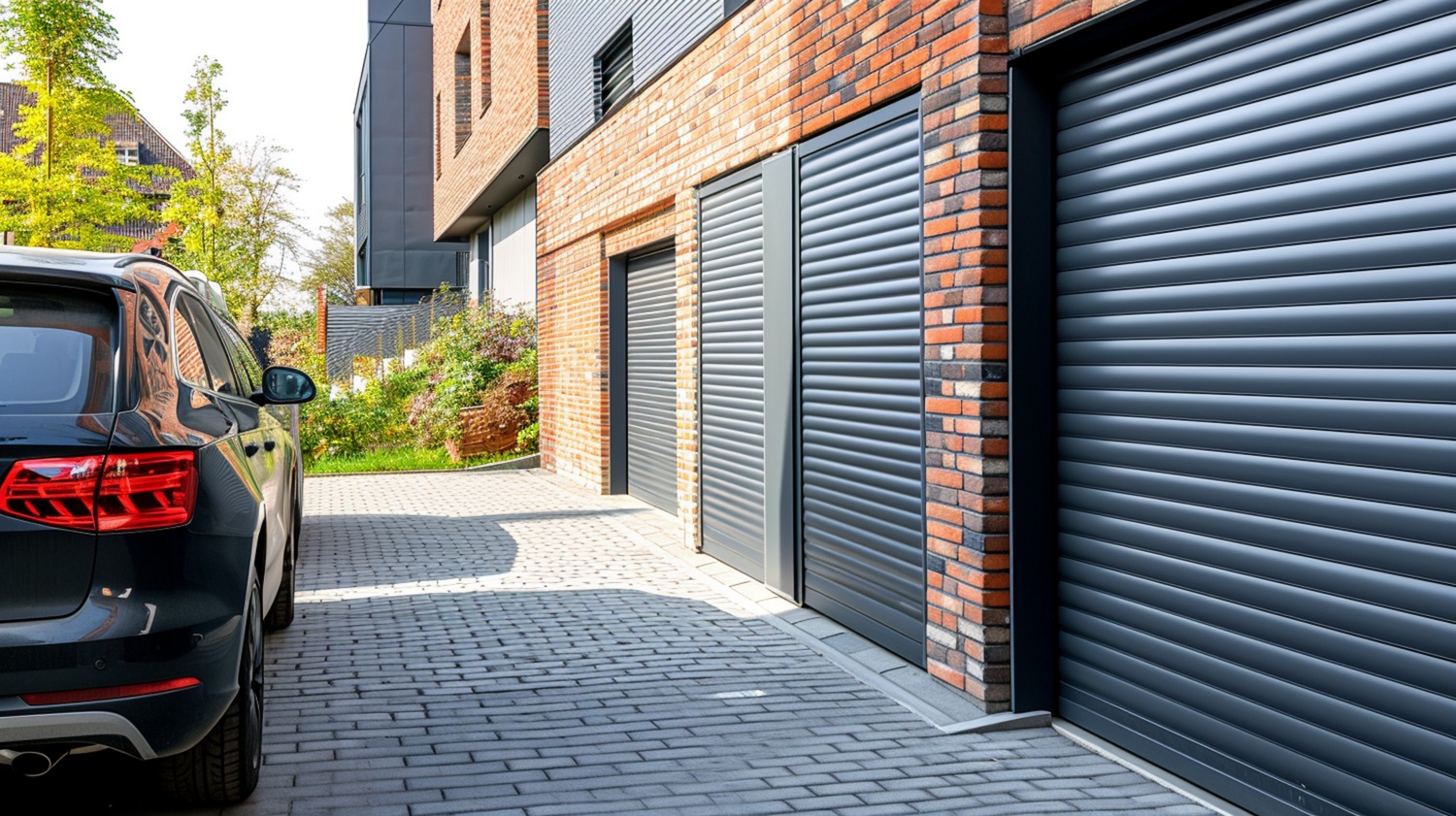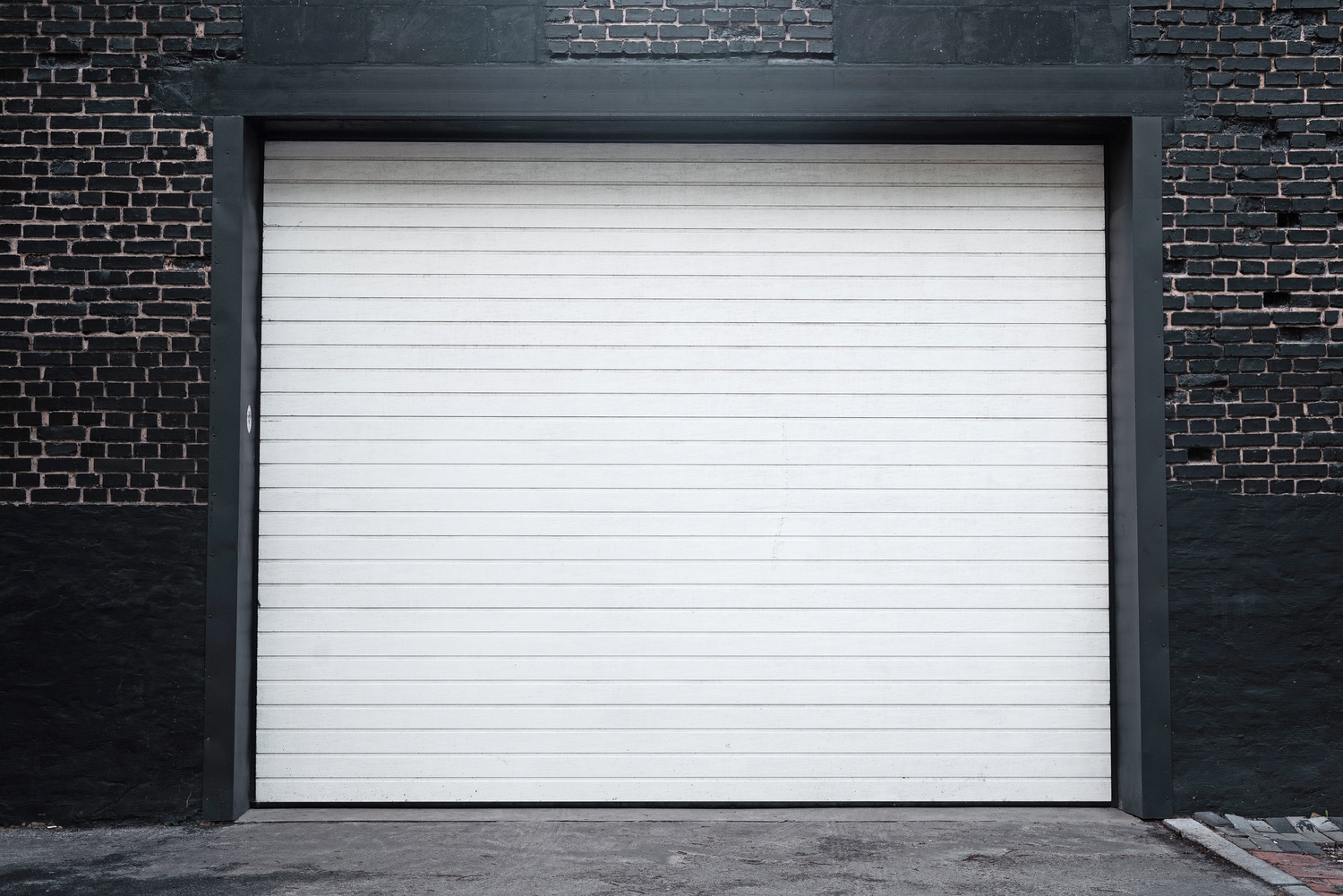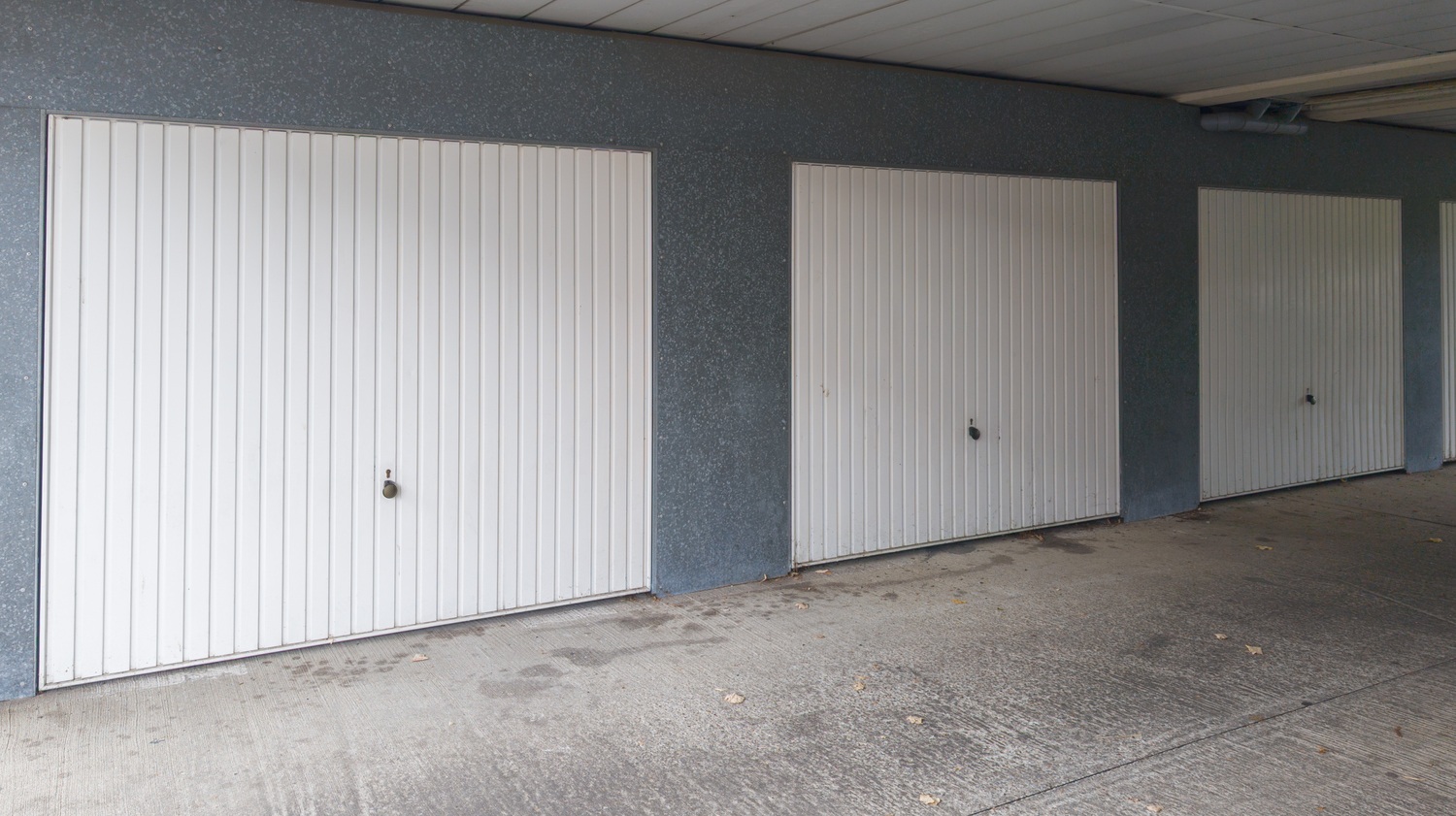Soundproofing a garage door – Create a quieter and more comfortable environment
Soundproofing a garage door is an effective solution for reducing noise and improving comfort both inside and outside the garage. An uninsulated garage often acts as a resonance chamber where sound easily travels in and out through the door, which can cause disturbances for both residents and neighbors. This is particularly problematic if the garage is used as a workshop, music studio, or hobby room, where high noise levels can be part of daily activities.
By using the right materials and methods, you can create a more controlled sound environment, reduce sound leakage, and at the same time improve the energy efficiency of the garage door.
Why soundproof a garage door?
Soundproofing your garage door has several advantages:
Reduced noise
Reduces noise entering or leaving the garage.
Better working environment
Creates more pleasant acoustics for work or leisure activities.
Increased energy efficiency
Many soundproofing materials also have heat-insulating properties, which contributes to a more stable temperature in the garage.
Better relationship with neighbors
Prevents loud noises from disturbing the surrounding area.
Whether the garage is used as a workplace, storage space, or for car storage, sound insulation can contribute to a quieter and more functional environment.
How sound travels through a garage door
For soundproofing to be effective, it is important to understand how sound travels through a garage door:
Airborne sound
Sound waves that travel through the air and pass through thin materials such as metal or wood.
Structure-borne sound
Vibrations that spread through the structure of the garage door and on to adjacent surfaces.
Sound leakage
Small gaps around the edges of the garage door that allow sound to seep in or out.
Since garage doors are usually made of thin and lightweight materials, they are particularly susceptible to sound transmission.
Effective methods for soundproofing a garage door
To achieve the best results, a combination of soundproofing measures is required. Here are the most effective methods:
- Seal all gaps and air leaks
- Insulate the surface of the garage door
- Reduce vibrations and resonance
- Use an insulated garage door
Improve the acoustics throughout the garage
Sound doesn't just travel through the door—walls, ceilings, and floors can also contribute to noise levels. To create a more soundproof environment, you can:
- Install sound-absorbing ceiling panels to reduce sound reflections.
- Use acoustic panels on the walls to absorb sound waves.
- Lay down a thick carpet or rubber flooring to reduce sound from footsteps and vibrations.
How does soundproofing affect the energy efficiency of a garage?
Many soundproofing materials also have heat-insulating properties. By soundproofing your garage door, you can:
Reduce heat loss
Maintain a more consistent temperature in the garage.
Lower your energy costs
If the garage is part of the home, better insulation can lead to lower heating costs.
This means that soundproofing not only contributes to a quieter environment, but also to better indoor comfort and energy efficiency.
Common mistakes when soundproofing a garage door
To achieve the best possible results, it is important to avoid common mistakes:
Using materials that are too heavy
The garage door's lifting mechanism must be able to handle the weight. Choose lightweight but effective soundproofing materials.
Forgetting to seal edges and gaps
Even small openings can allow a lot of sound to pass through.
Focusing only on the door
For optimal effect, you should soundproof the entire garage, including walls, ceiling, and floor.
Create a more soundproof garage door
Soundproofing a garage door requires a strategic combination of sound blocking, sound absorption, and sealing sound leaks. Whether you want to soundproof a garage door for a quieter working environment or to reduce sound propagation to the surrounding area, a well-designed sound solution is an investment in both comfort and functionality.








